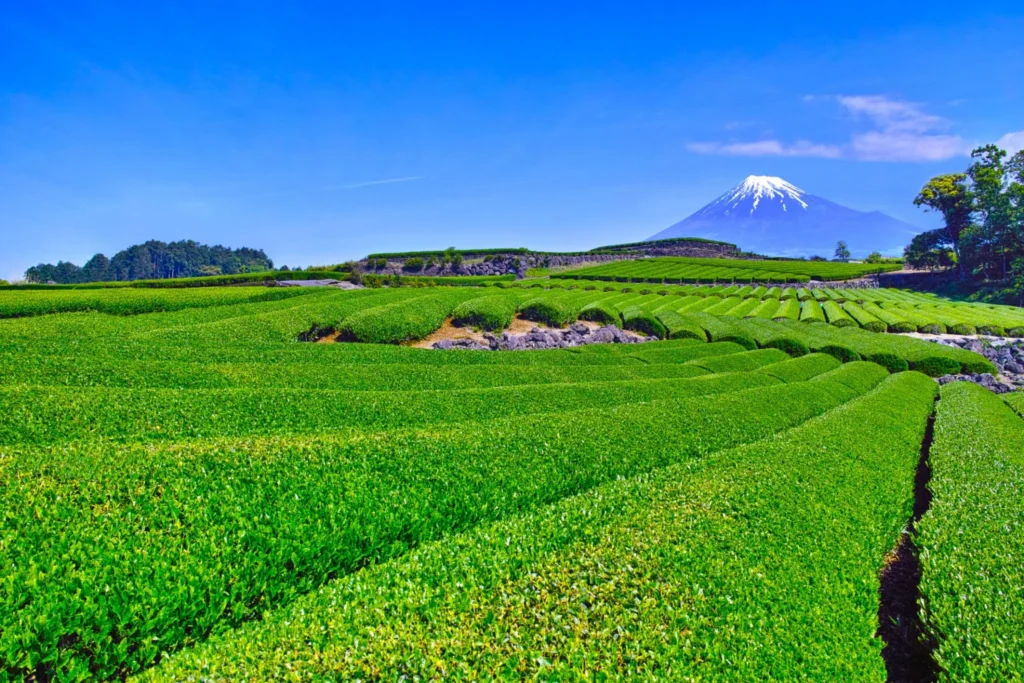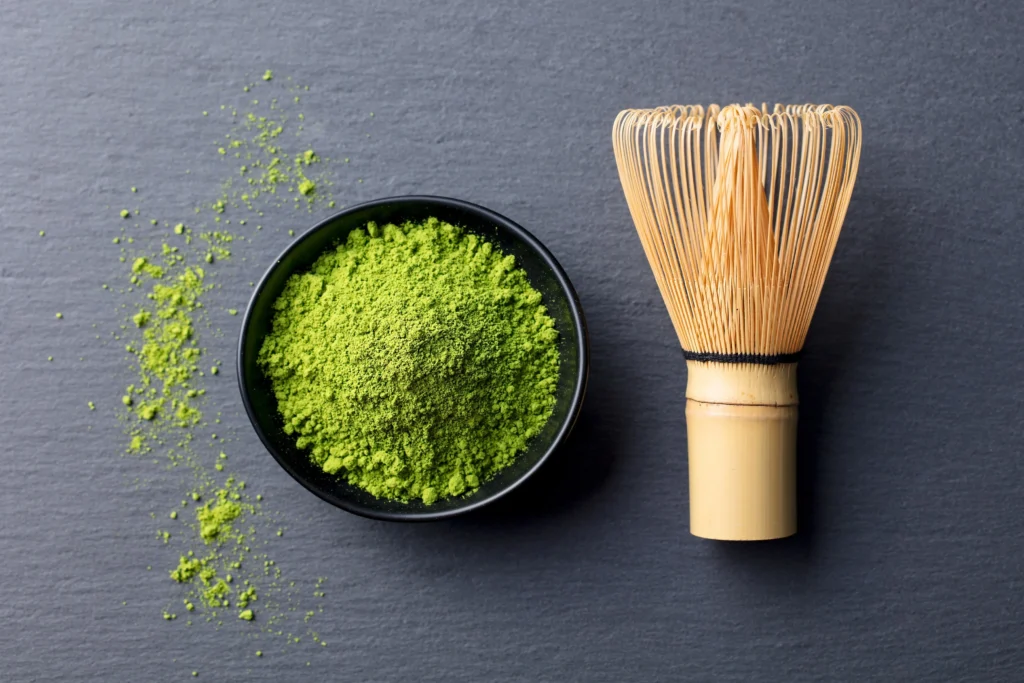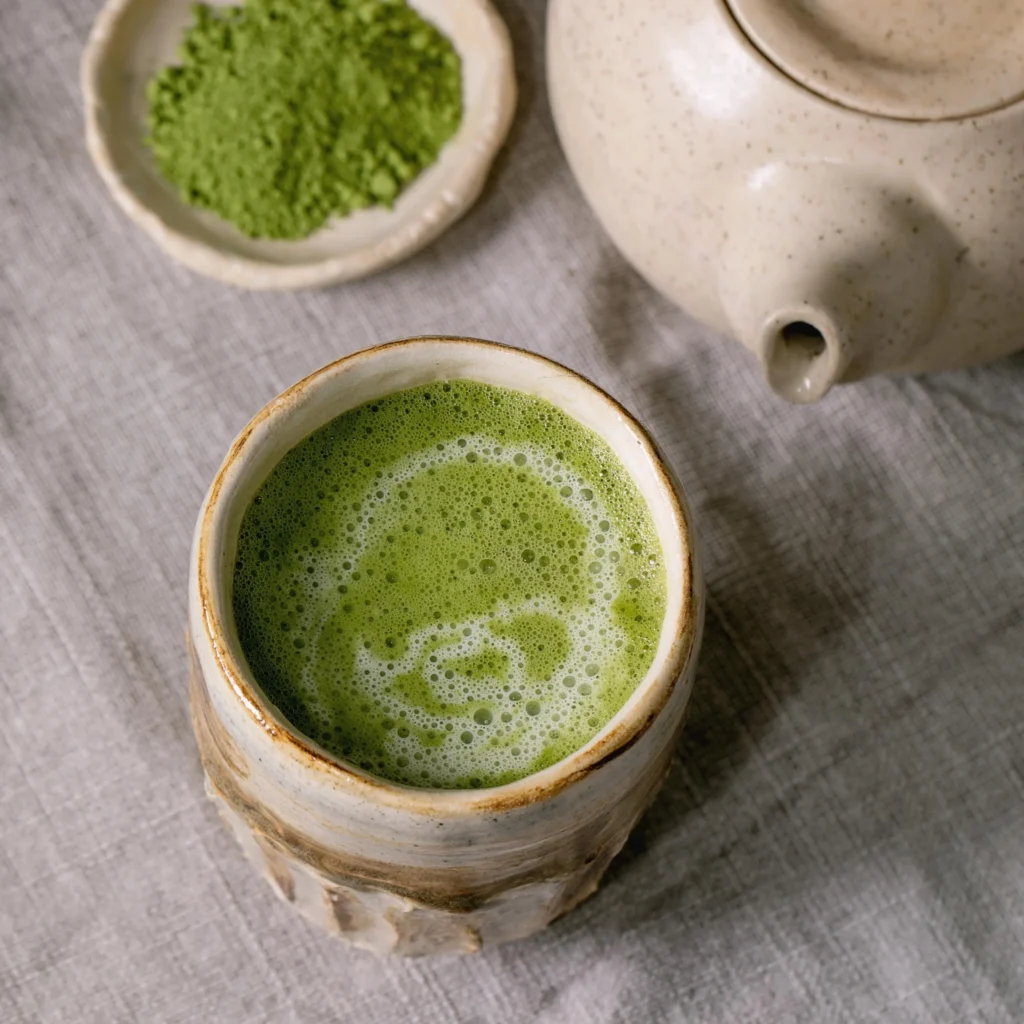Is a daily cup of matcha a ticket to sustained energy and antioxidant bliss, or could it be a habit with hidden risks? I’ve seen this question pop up countless times, and for good reason. The internet paints matcha as a miracle elixir, but when you’re considering making something a daily ritual, you deserve more than just hype. You need the real, science-backed story.
So, let’s cut through the noise. This guide explores exactly what happens to your body and mind when you drink matcha every day. We’ll cover the proven benefits, the potential side effects you need to be aware of, and the expert advice that ensures you’re getting all the good without any of the bad.
First, Why Is Matcha More Than Just Green Tea?
Before we get into the daily effects, we have to understand that matcha isn’t just powdered green tea. It’s in a league of its own. While it comes from the same ツバキ plant, the way it’s grown and prepared results in a nutritional profile that leaves regular green tea in the dust.
The Power of the Whole Leaf: More Nutrients, More Potency
Think about brewing a normal cup of green tea. You steep the leaves, and then you toss them. I always felt that was a waste, and it turns out, it is. You’re throwing away most of the good stuff. With matcha, you’re consuming the entire leaf, stone-ground into a powder. This means you ingest every last bit of its vitamins, minerals, and, most importantly, its powerful antioxidants.
L-Theanine + Caffeine: The Secret to “Calm Alertness”
Here’s where matcha truly shines, and it’s the reason I personally made the switch from coffee. Coffee gives you a raw, often frantic, jolt of energy that frequently ends in a crash. Matcha offers something far more refined. It contains caffeine, yes, but it’s naturally paired with a rare amino acid, L-theanine.
This is a remarkable partnership. The caffeine provides sharp focus, while the L-theanine fosters a sense of calm and relaxation without making you sleepy. The result? A sustained state of “calm alertness” that feels both productive and peaceful. It’s a game-changer for anyone who finds coffee makes them jittery.
EGCG: The Antioxidant Superstar
If you follow health news, you’ve probably heard of antioxidants. I like to think of them as our body’s internal rust-proofers, protecting our cells from damage caused by free radicals. Matcha is absolutely loaded with a type of antioxidant called catechins, and its champion is エピガロカテキンガレート(EGCG). Because you consume the whole leaf, studies from journals like Molecules show matcha delivers up to 137 times more EGCG than some brewed green teas. That’s a daily shield your body will thank you for.
The Potential Health Benefits of a Daily Matcha Habit
So, what do these unique properties mean for you in the long run? When you make matcha a daily staple, a few consistent patterns emerge.
- Sustained Energy and Enhanced Focus: This isn’t a short-lived buzz. The L-theanine slows the release of caffeine into your bloodstream, providing a steady stream of energy for 4-6 hours. It’s a profound difference you can feel—no more afternoon slumps.
- A Daily Shield of Antioxidants: Daily exposure to pollution and stress creates free radicals. A daily matcha habit provides a consistent supply of EGCG to help neutralize this damage, which is believed to contribute to long-term cellular health.
- May Support a Healthy Metabolism: While no drink is a magic bullet for weight loss, the EGCG in matcha has been shown in some studies to give your metabolism a gentle nudge. When combined with a healthy diet and exercise, it can be a valuable partner in weight management.
- Promotes a Calm Mind: L-theanine doesn’t just buffer caffeine; it also stimulates alpha brain waves, which are associated with a state of relaxed wakefulness. I find that my daily cup helps melt away the edges of daily stress in a way that feels natural and grounding.
- Potential for Healthier, Glowing Skin: The same antioxidants that protect your internal cells can also help protect your skin from UV damage and inflammation, potentially leading to a clearer, more radiant complexion over time.
Potential Risks and What to Watch Out For
Now, for the balanced perspective. A daily matcha habit is fantastic, but it’s not without its rules. Here are the non-negotiables to keep in mind for a safe routine.
- Caffeine Content: A typical serving of matcha (1 tsp or 2 grams) contains anywhere from 30-70 mg of caffeine. While less than coffee, it adds up. The general guideline from authorities like the 食品医薬品局 is to stay under 400 mg of caffeine per day. Be mindful of your total intake from all sources.
- The Risk of Contaminants: This is a big one. Because the tea plants absorb nutrients from the soil, they can also absorb heavy metals like lead if the soil is contaminated. This is why quality is paramount. Always choose high-quality, ceremonial-grade matcha from reputable sources, preferably from Japan, where standards are incredibly high.
- It Can Affect Iron Absorption: The tannins in matcha can slightly reduce the body’s ability to absorb iron from plant-based foods. It’s a minor effect, but if you are anemic or on a plant-based diet, it’s wise to drink your matcha at least an hour before or after your meals.
- Potential for Stomach Discomfort: The same tannins can sometimes cause mild nausea or stomach upset if you drink matcha on a completely empty stomach. It’s often better to have it after a small breakfast or with a splash of milk.
Your Daily Matcha Playbook: Best Practices
Ready to get started? Here’s how to do it right.
- The Golden Rule: For most people, 1 to 2 servings per day (which is 1-2 teaspoons, or 2-4 grams of powder) is the sweet spot. This allows you to reap the benefits without overdoing the caffeine.
- 最高の時: The morning is perfect. It sets you up with calm energy for the day. An early afternoon cup can also be great for beating the 3 PM slump, but I’d avoid drinking it within 6 hours of bedtime.
- How to Choose Quality Matcha: Don’t just grab the cheapest one. Look for a vibrant, electric green color (not dull or yellowish), a source from Japan (like Uji or Nishio), and a label that says “ceremonial grade” for the best flavor and highest nutrient content.
- 誰が注意すべきか: If you are pregnant, breastfeeding, have a heart condition, or are very sensitive to caffeine, it’s a good idea to chat with your doctor before making matcha a daily habit.
よくある質問
- So, is it OK to drink matcha every day? Yes, for most healthy adults, it is perfectly safe and highly beneficial to drink matcha every day, provided you stick to 1-2 servings and choose a high-quality product.
- Can matcha effectively replace my daily coffee? Absolutely. Many people (myself included) find it to be a superior alternative. It provides sustained energy and focus without the anxiety, jitters, or crash associated with coffee.
- Will drinking matcha daily stain my teeth? Like coffee and other teas, it can. The tannins are the culprits. Maintaining good oral hygiene, like brushing your teeth and drinking water after your matcha, can easily manage this.
- Can I drink matcha on an empty stomach? You can, but some people find it causes mild discomfort. I’d recommend trying it with a small amount of food first to see how your body reacts.
テイクアウェイ
So, what really happens when you drink matcha every day? You introduce a powerful ritual that can sharpen your mind, energize your body, and provide a daily dose of cellular protection. It’s not a magic potion, but a science-backed tool for better well-being.
The entire practice hinges on two simple but crucial words: quality そして moderation. Choose your matcha wisely, listen to your body, and you may just find it’s one of the best habits you’ve ever started.



